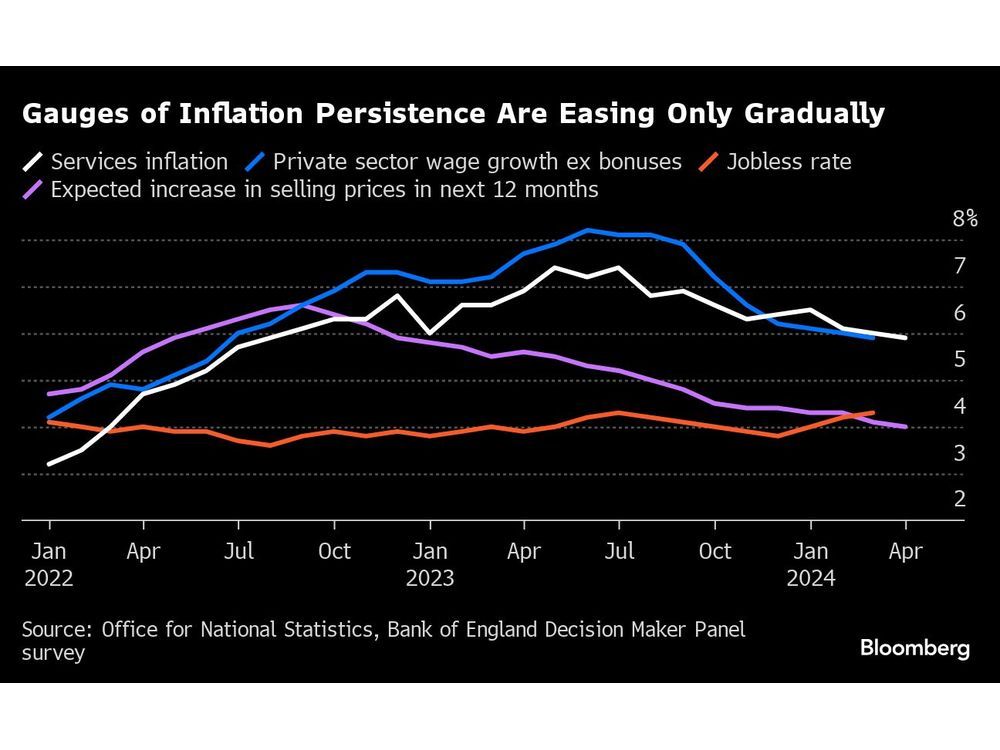Follow us on LinkedIn
If you’re new to the stock market, you may have heard of over-the-counter stocks and wondered what they are. Over-the-counter stocks (OTC) are securities that are not listed on a major exchange like the New York Stock Exchange or Nasdaq. This can make them a little bit riskier than stocks that are traded on an exchange, but it also means that they can offer investors greater opportunities for profits. In this blog post, we will discuss what over-the-counter stocks are, how they work, and why you might want to consider investing in them.
What are OTC stocks?
Over-the-counter stocks, or OTC stocks, are securities that are not traded on major stock exchanges. They are usually bought and sold through dealers who work for brokerages. While this can make them more difficult to trade than exchange-listed stocks (and therefore riskier), it also allows investors greater freedom in terms of pricing and choosing when to buy and sell their shares.
How do OTC stocks work?
To be able to buy or sell over-the-counter stocks, you typically need a dealer who works for a brokerage. This dealer can execute trades on your behalf, usually making trades through electronic networks such as the Nasdaq or Directed Brokerage Network. They may also be able to help you with market research and other investment planning services.
Why invest in OTC stocks?
OTC stocks give investors access to many companies that are not listed on major stock exchanges. This can be beneficial for several reasons, including:
Greater opportunity for profit. As mentioned previously, over-the-counter stocks may be riskier than exchange-traded stocks, but that also means that the opportunities for making a profit are greater. OTC stocks often offer both lower prices and higher potential gains than larger companies listed on large exchanges.
Risk of investing in OTC stocks
As mentioned previously, over-the-counter stocks may be riskier than exchange-traded stocks, but that also means that the opportunities for making a profit are greater. OTC stocks often offer both lower prices and higher potential gains than larger companies listed on large exchanges.
One of the downsides of investing in exchange-traded stocks is that it is often difficult for investors to buy shares in smaller, newer companies. This is because these stocks are not listed on major exchanges and therefore must be traded using OTC systems. For this reason, OTC stocks are often favored by investors who want to put money into smaller companies that may have great potential for growth in the future.
Where to buy OTC stocks?
OTC stocks are not listed on major stock exchanges, so investors must work through dealers who trade OTC securities. Brokerages such as E-Trade, Fidelity, and TD Ameritrade can help you get started buying OTC stocks.
FAQs
What is the difference between OTC stocks and exchange-traded stocks?
Over-the-counter stocks are securities that are not listed on major stock exchanges, while exchange-traded stocks are traded on large exchanges like the NYSE or Nasdaq. This means that OTC stocks can be riskier to trade than exchange-traded stocks, but that they can also offer investors greater opportunities for profit.
How do I buy OTC stocks?
To be able to purchase over-the-counter stocks, you typically need a dealer who works for a brokerage, which can help you with executing orders and providing market research. Some brokerages that offer this service are E-Trade, Fidelity, and TD Ameritrade.
What are some of the risks associated with OTC stocks?
Since OTC stocks are not listed on major exchanges, they can be more difficult to trade than exchange-traded stocks and therefore may be riskier. Additionally, the lack of liquidity in OTC stocks may make them more difficult to sell at a later time. For these reasons, it is important to work with a reputable dealer and to do your own research before investing in OTC stocks.
Should I avoid OTC stocks?
While the risks of investing in over-the-counter stocks are certainly worth considering, it is ultimately up to each individual investor to decide whether they believe that these risks are worth the potential gains. Whether you decide to invest in OTC stocks or not, it is important to do your own research and to always be mindful of the risks and potential returns associated with any investment.
Are OTC stocks hard to sell?
Since OTC stocks are not listed on major exchanges, they may be more difficult to sell than exchange-traded stocks. This is because they may not be as liquid, meaning that they may take longer to sell and may have lower trading volumes. As a result, you will want to work with a reputable dealer and be mindful of the liquidity risk when investing in OTC stocks.
Do OTC stocks ever go big?
There is no guarantee that any stock will go big, but OTC stocks do have the potential to experience large gains. For this reason, it may be worth considering investing in OTC stocks, particularly if you are interested in investing in newer or smaller companies that may have greater growth potential. However, it is critical to do your own research and to understand all of the risks associated with investing in over-the-counter stocks.
The bottom line
In summary, over-the-counter stocks are securities that are not listed on major stock exchanges and can be a great option for investors looking to put money into smaller companies with great potential for growth in the future. To buy OTC stocks, you typically need to work with a dealer who can help you with executing orders, providing market research, and other services. Some brokerages that offer this service include E-Trade, Fidelity, and TD Ameritrade. However, investing in OTC stocks does come with certain risks, including liquidity and pricing issues, so it is important to do your own research and work with a reputable dealer before making any decisions.
Further questions
What's your question? Ask it in the discussion forum
Have an answer to the questions below? Post it here or in the forum





Prime Minister Keir Starmer’s promise to “get Britain building again” will quickly face a shortage of skilled workers in the very industries he’s hoping will power the turnaround.